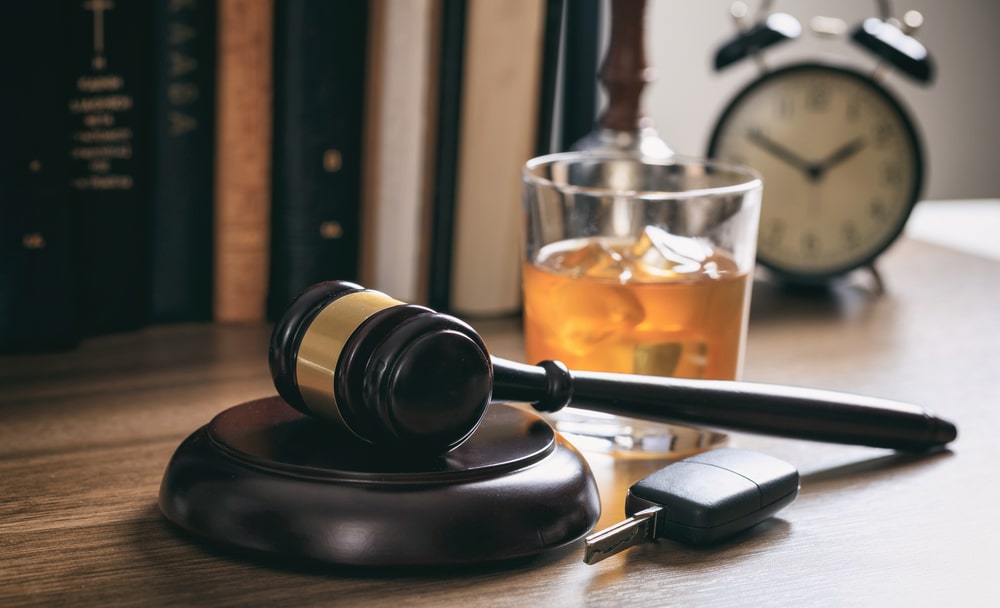In a DUI (Driving Under the Influence) case, defendants may employ various defenses to challenge the charges against them. While the effectiveness of these defenses can vary depending on the circumstances of the case, the following are some of the common defenses that a DUI lawyer may be able to use to defend his or her client.
Lack Of Probable Cause For Stop
One of the fundamental principles of DUI cases is that law enforcement must have probable cause to pull over a driver. Suppose the police officer lacked a valid reason to stop the defendant’s vehicle. In that case, any evidence obtained from the stop, such as field sobriety tests or breathalyzer results, may be deemed inadmissible in court. For example, suppose the officer stopped the driver solely based on a hunch or without observing any traffic violations or suspicious behavior. In that case, the defense may argue that the stop was unconstitutional, thereby challenging the legality of the DUI arrest.
Improper Administration Of Field Sobriety Tests
Law enforcement often uses field sobriety tests (FSTs) to assess a driver’s level of impairment. However, these tests are subjective and can be influenced by various factors, including environmental conditions and individual physical characteristics. If the FSTs were administered improperly or the officer did not follow standardized procedures, the defense may argue that the results are unreliable and should not be considered as evidence of impairment. Common challenges to FSTs include improper instruction, inadequate lighting or surface conditions, and medical or physical conditions that may affect performance.
Faulty Breathalyzer Or Blood Test Results
Breathalyzer and blood tests are commonly used to measure blood alcohol concentration (BAC) levels in DUI cases. However, these tests are not infallible and can produce inaccurate results for various reasons, such as improper calibration, equipment malfunction, or operator error. The defense may challenge the reliability of the BAC test results by questioning the accuracy of the testing equipment, the qualifications of the individual administering the test, or the chain of custody procedures for blood samples. Factors such as mouth alcohol, residual mouthwash, or medical conditions affecting breath test results may also be raised as defenses.
Rising BAC Defense
In some cases, the defense may argue that the defendant’s BAC was below the legal limit at the time of driving but increased to an illegal level by the time they were tested. This phenomenon, known as the “rising BAC defense,” occurs because alcohol absorption continues after drinking stops, leading to an increase in BAC over time. By presenting evidence of the defendant’s alcohol consumption timeline, including the timing of drinks consumed relative to the time of driving and testing, the defense may cast doubt on the accuracy of the BAC results and raise reasonable doubt about the defendant’s guilt.
It’s important to note that the effectiveness of these defenses can vary depending on each case’s specific facts and circumstances. DUI cases are complex, and defendants should seek guidance from a qualified attorney to determine the best defense strategy based on the available evidence and legal principles applicable to their case.
Thank you to our friends at The Law Office of Daniel J. Wright for their insight into DUI cases.
![Dark-Logo[3]](https://hayhurstlaw.com/wp-content/uploads/2021/07/Dark-Logo3.png)

